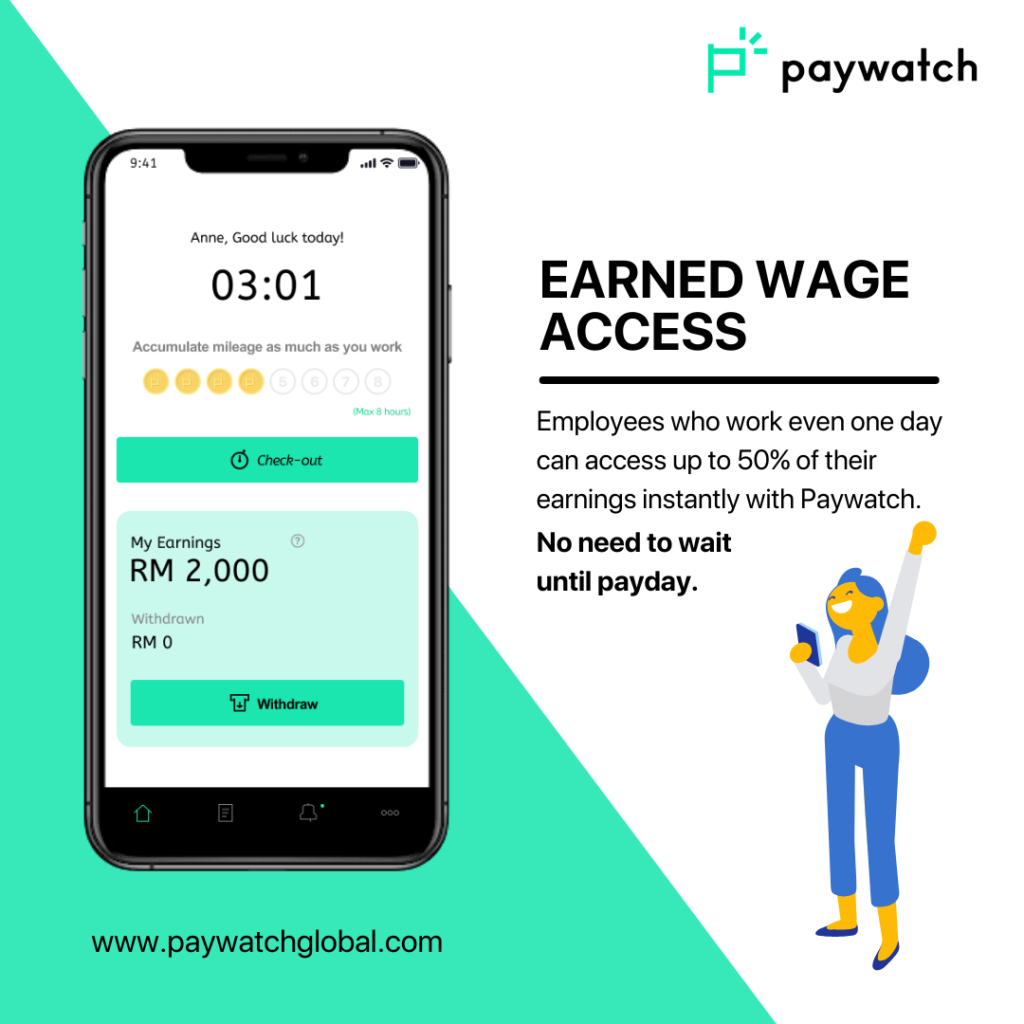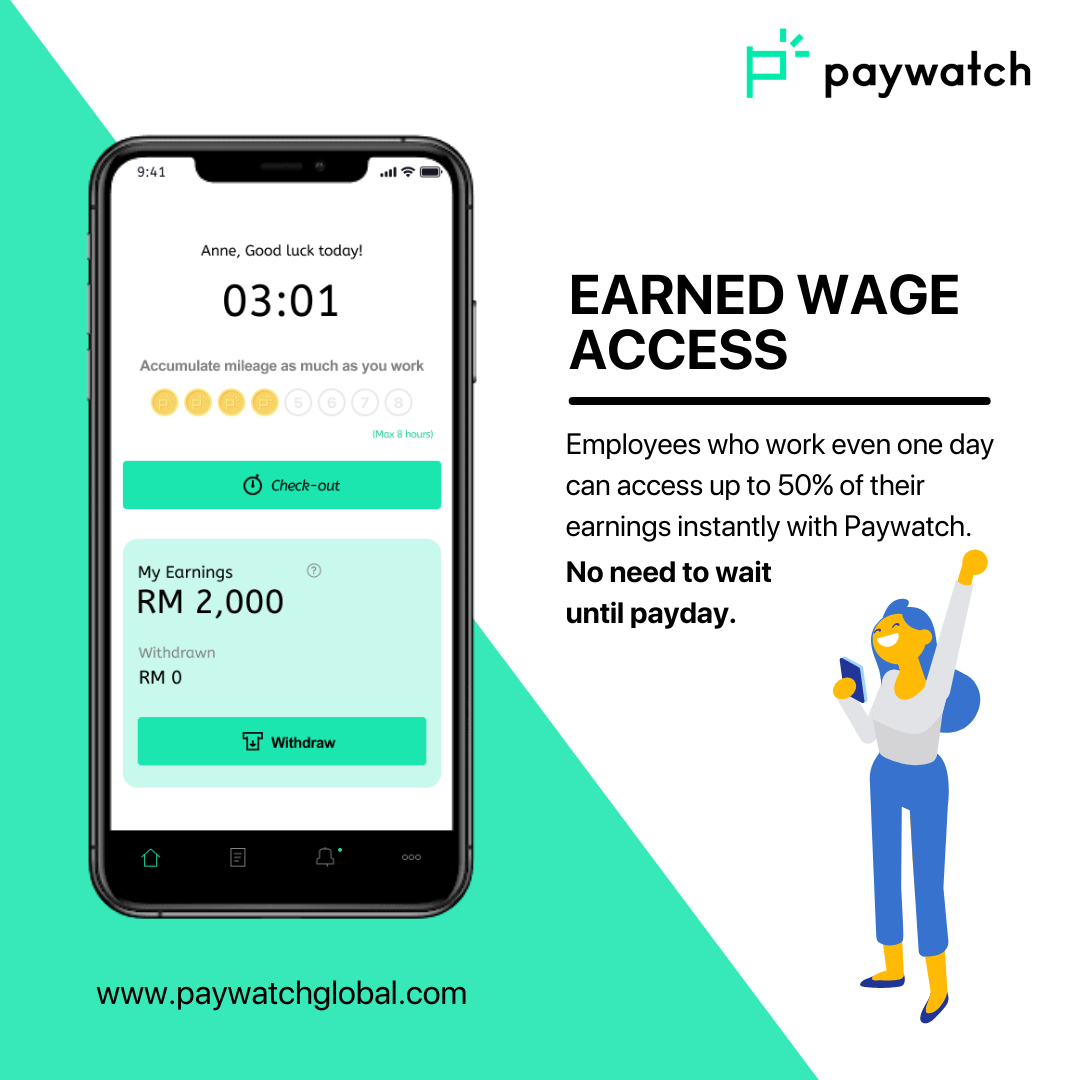To help reduce financial strain among Filipino workers, Paywatch, an Earned Wage Access (EWA) service provider based in Malaysia, announced recently its formal entry into the Philippine market.
Rowell del Fierro, president of Paywatch Philippines, made this announcement in a virtual press briefing shortly after bringing attention to the widespread problem that many Filipinos encounter while waiting for their next paycheck. This is in addition to other monetary difficulties like debt.
EWA is a financial service offered to employees, mostly low-wage and hourly workers, who are provided access to some of their accrued wages before the end of their payroll cycle.
“Our goal is to reduce the financial strain of all Filipino workers,” stated Del Fierro. “With this EWA innovation at hand, we at Paywatch aim to alleviate the stress that every Pinoy worker knows all too well, especially during petsa de peligro.”
Petsa de peligro is often used as a metaphor to describe a situation whenever a person experiences a dwindling cash supply before the next payday. “Moreover, it (EWA innovation) also contributes to strengthening businesses as it helps keep employees secure and productive,” Del Fierro adds.

IMAGE CREDIT: https://www.facebook.com/paywatchglobal
No need to wait until payday
Citing the results of a Bangko Sentral ng Pilipinas (BSP) survey conducted in 2021, Paywatch noted that almost half of Filipinos had an outstanding loan, with family, friends, and informal lenders as top sources.
According to Del Fierro, employees can receive their salary through Paywatch at any time and from any location, thus eliminating the need for cash advance requests and the associated high-interest fees.
Employees who use EWA are also able to access a portion of their paychecks before the conclusion of their payroll cycle. This helps reduce the need for them (employees) to apply for short-term loans just to be able to get by in an emergency or even pay for their daily needs.
Del Fierro says employers also stand to benefit from Paywatch’s services since the availability of EWA can help address problems with employee productivity and retention.
This is considering that the employee turnover rate in Southeast Asia is 67 per cent, which could have an impact on the region’s business environment.
“Employees who have access to their earnings can regain control over their finances and are motivated and productive at work,” Del Fierro explains.
Paywatch began operating in the Philippines in collaboration with the agribusiness company Wilmar International. It also signed an arrangement with real estate developer Shang Properties.
With the company’s entry into the Philippine market, Paywatch may now be considered as the largest EWA player in Southeast Asia.
As of this writing, Paywatch provides services to 500,000 workers and over 300 employers in South Korea, Indonesia, Malaysia, and the Philippines.








